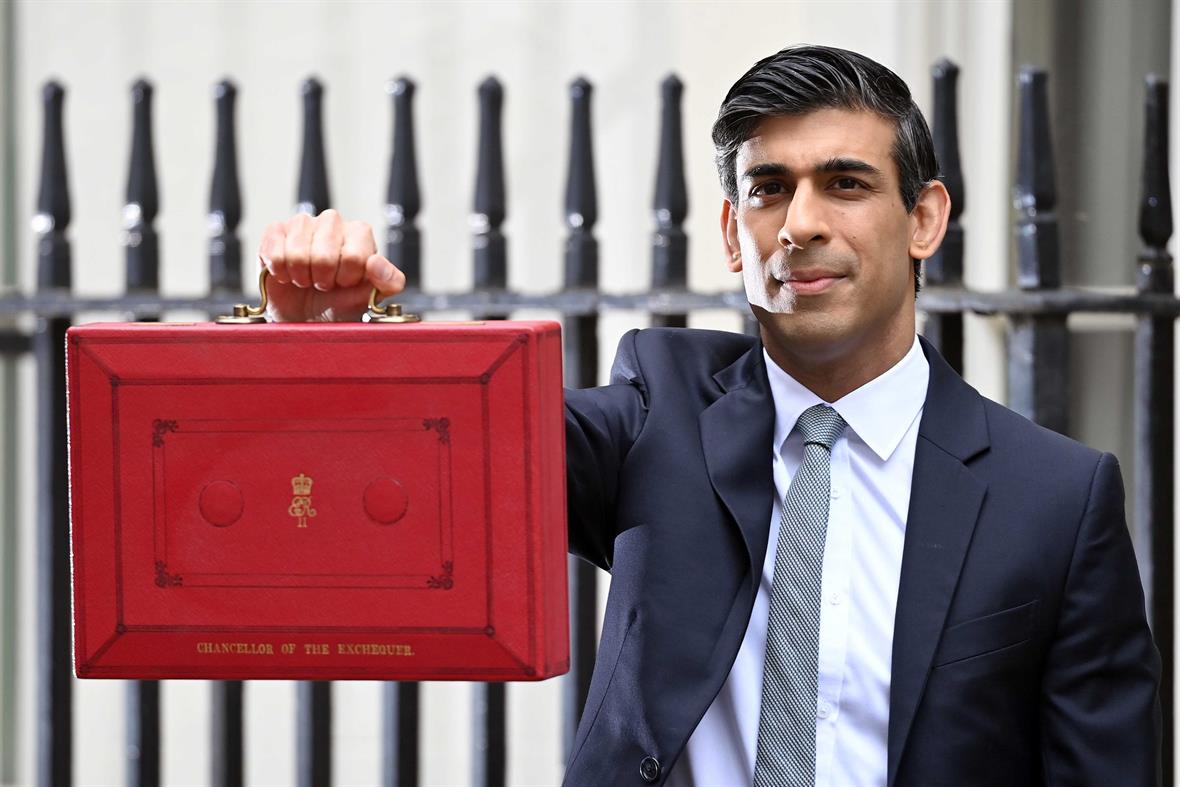The Chancellor’s Spring Statement – effectively a mini-Budget – was unsurprisingly mainly focused on Ukraine, the cost-of-living crisis, tax measures and continuing the recovery post-Covid, and had no significant announcements from a property perspective.
However, looking a little bit beneath the surface, there were some announcements made by Rishi Sunak that will have a direct – or indirect – impact on the lettings sector. Here, we analyse what the Chancellor revealed, the impact this could have on landlords, tenants and letting agents, and how the industry reacted.
What did Sunak announce?
From a lettings perspective, the most important announcement was the scrapping of VAT on more energy efficiency improvements – which should provide a boost for landlords aiming to keep up with the Government’s plan to reach net-zero targets by 2050.
Before now, landlords have been very concerned that the costs of improving the energy efficiency of their homes could prove extremely difficult and even put them out of business, with Government support thin on the ground. The ill-fated Green Homes Grant – a flagship Government scheme to help people install energy efficiency measures – collapsed after barely six months. There has also been criticism of the grants offered to encourage landlords to install air source heat pumps rather than traditional boilers.
However, Sunak’s latest announcement could be a step in the right direction, as homeowners with energy-saving materials like solar panels, heat pumps, or insulation will now pay zero VAT for the next five years. This could do a great deal to encourage more landlords to carry out energy-efficient improvements and, in turn, improve the eco-friendliness of the rental market as a whole.
There were also numerous measures to help with the cost-of-living crisis, with inflation expected to soar above 7% in April and energy prices rising for millions of households once the price cap is increased next month. Landlords and tenants are likely to be affected by the cost-of-living crisis – for renters, it could mean greater difficulty in meeting monthly rental payments; meanwhile, landlords’ income could be affected to the point where they have less money to carry out vital repairs. If their incomes are too stretched, they may even opt to leave the Private Rental Sector (PRS) and cash in on the currently booming sales market.
To help people cope with the pressures on day-to-day living, the Chancellor said the basic rate of income tax will be cut to 19% in 2024. The controversial National Insurance increase will go ahead, but thresholds will be increased by £3,000, going from £9,600 to £12,570.
Sunak also said he would be doubling the current £500 million Household Support Fund, giving extra help for the poorest facing fast-rising energy bills. Meanwhile, fuel duty will be cut by 5p a litre from 6 pm, running until March 2023; tax rates on business investment will be slashed – not now, but in the Autumn Budget in late 2022; and there will be an overall ‘tax plan’ for the next five years, with three main objectives. These are helping households with the cost of living, creating conditions for growth, and introducing tax cuts before the end of this Parliament.
How did the industry react?
The general consensus from the PRS is that the Statement didn’t announce enough to support it.
The decision to scrap VAT on energy efficiency measures has been welcomed. It should help some landlords, however, many people in the industry feel that more should have been done and that the Government needs to clearly set out what is required of the sector.
It is also suggested that more should’ve been done for those on lower incomes or relying on housing benefits to ease the burden on them and ease the difficulty of affording rent and bills.
Many have also claimed that easing the cost and burden on landlords would attract more to the sector, lessening the current supply and demand issue and helping to keep rent prices down.
It was a relatively low-key financial statement from a property perspective. However, there were still key elements that are likely to impact landlords, agents and tenants moving forward – not least, hopefully, more significant incentives and assistance when it comes to energy efficiency improvements.

